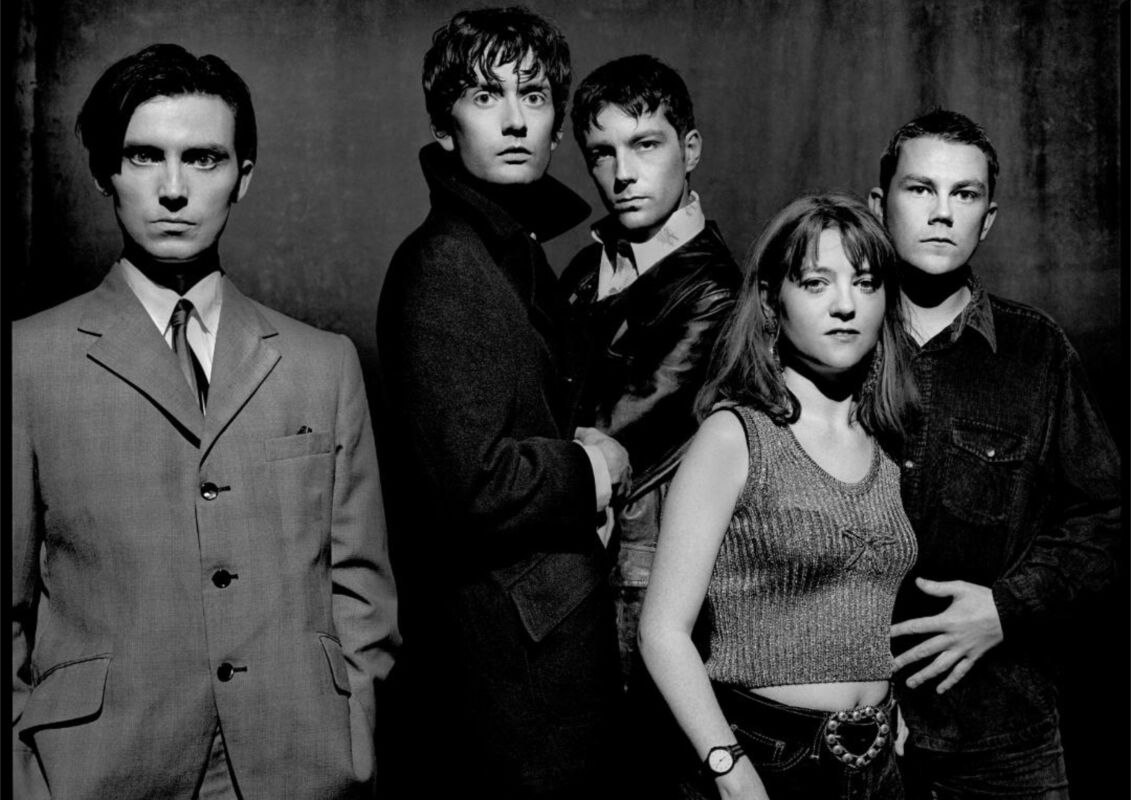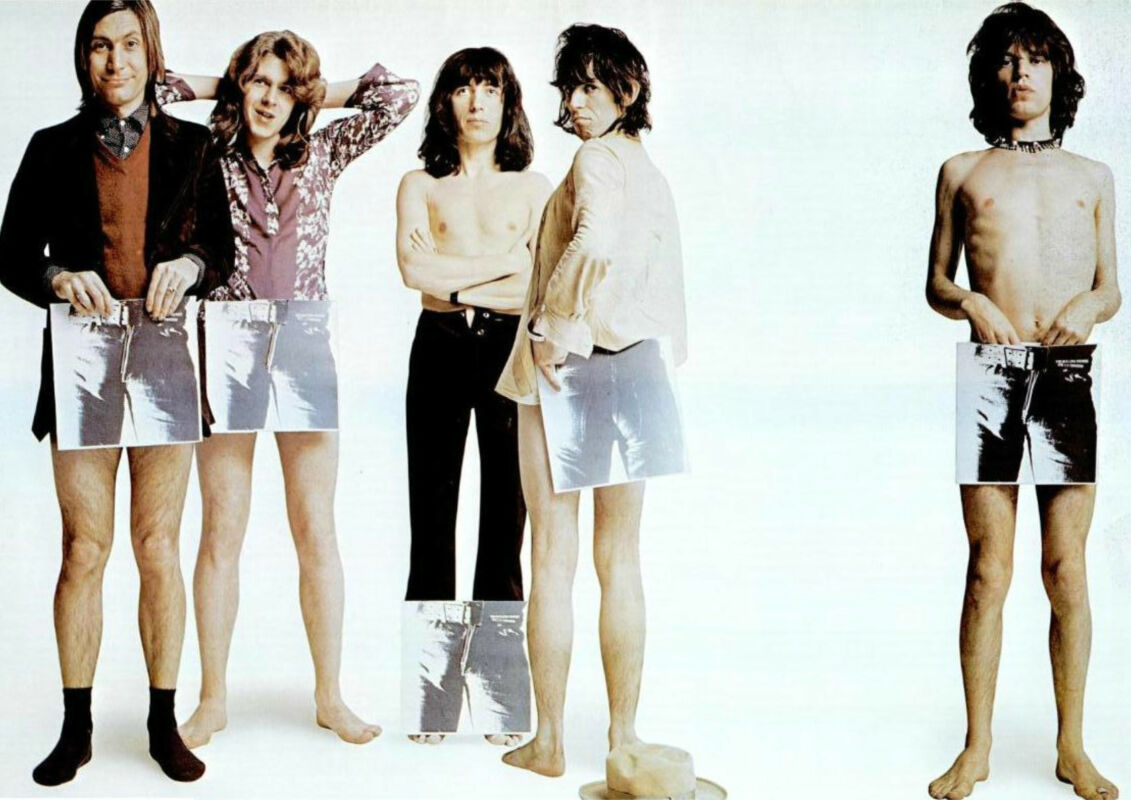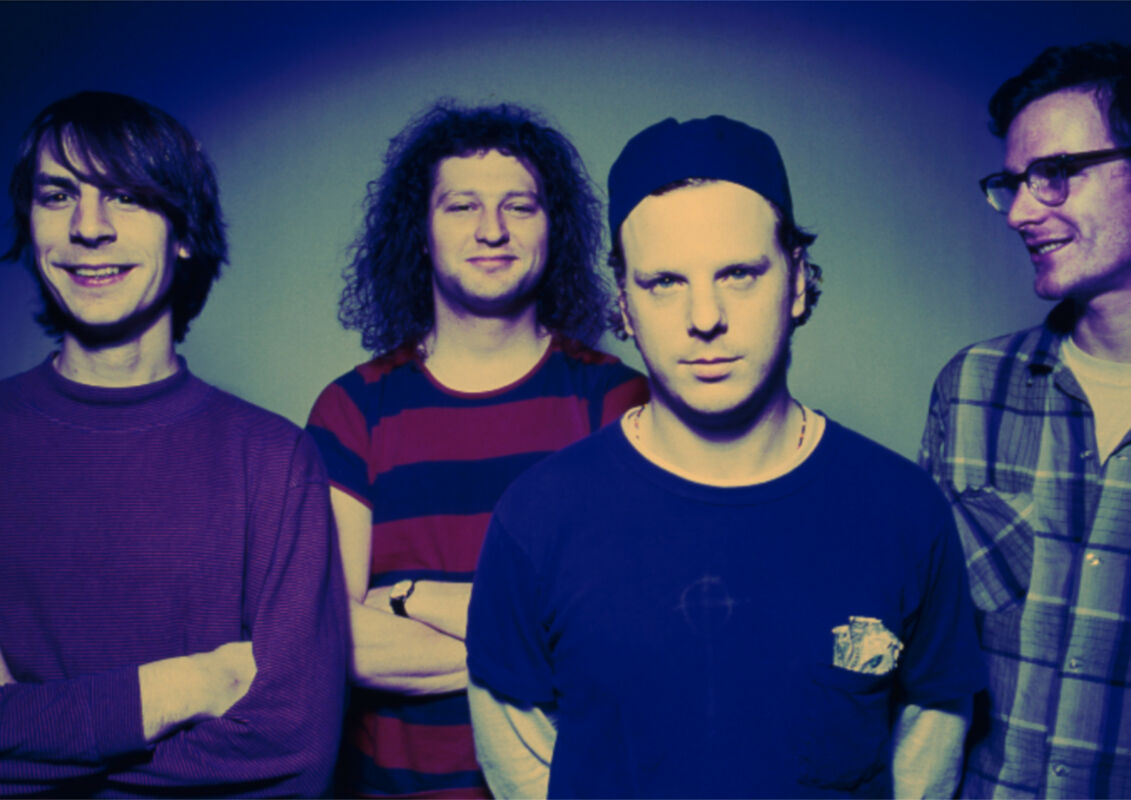
Flower Power was a popular slogan used during the late 1960s and early 1970s as a symbol of passive resistance and non-violence ideology. It is rooted in the opposition movement to the Vietnam War.
The expression was coined by the American Beat poet Allen Ginsberg in 1965 as a means to transform war protests into peaceful affirmative spectacles. Ginsberg advocated that protesters should be provided with “masses of flowers” to hand out to policemen, the press, politicians, and spectators. The use of props like flowers, toys, flags, candy, and music were meant to turn anti-war rallies into a form of street theatre thereby reducing the fear, anger, and threat that are inherent within protests.
Hippies embraced the symbolism by dressing in clothing with embroidered flowers and vibrant colours, wearing flowers in their hair, and distributing flowers to the public, becoming known as Flower Children. The term later became generalised as a modern reference to the hippie movement and the so-called counterculture of drugs, psychedelic music, psychedelic art, and social permissiveness.
The iconic centre of the Flower Power movement was the Haight-Ashbury district in San Francisco, California. By the mid-1960s, the area, marked by the intersection of Haight and Ashbury streets, had become a focal point for psychedelic rock music. Musicians and bands like Jefferson Airplane, the Grateful Dead, and Janis Joplin all lived a short distance from the famous intersection. During the 1967 Summer of Love festival, thousands of hippies gathered there, popularised by hit songs such as “San Francisco (Be Sure to Wear Flowers in Your Hair)”.
By the early 1970s, the Flower Power anti-war movement had faded primarily due to the end of the military draft in 1972 and the start of American withdrawal from combat activities in Vietnam in January 1973. But the expression, handing out flowers to the policemen as a protest to the military approach, is still popular today.
💧 You might also like SPANISH FLU VS SALT WATER
⎯⎯⎯⎯⎯
Featured image via hotcore.info.













